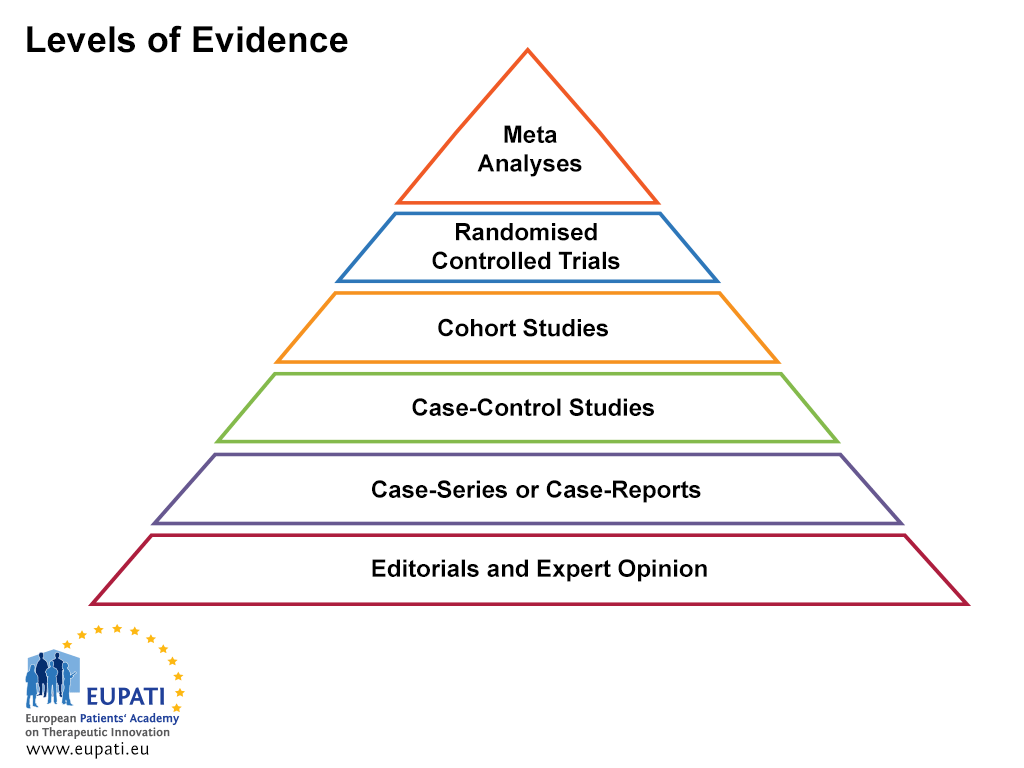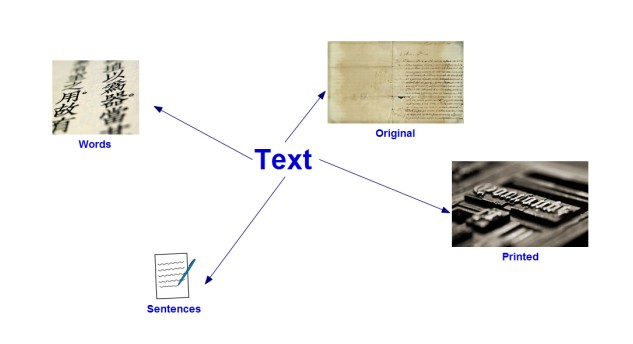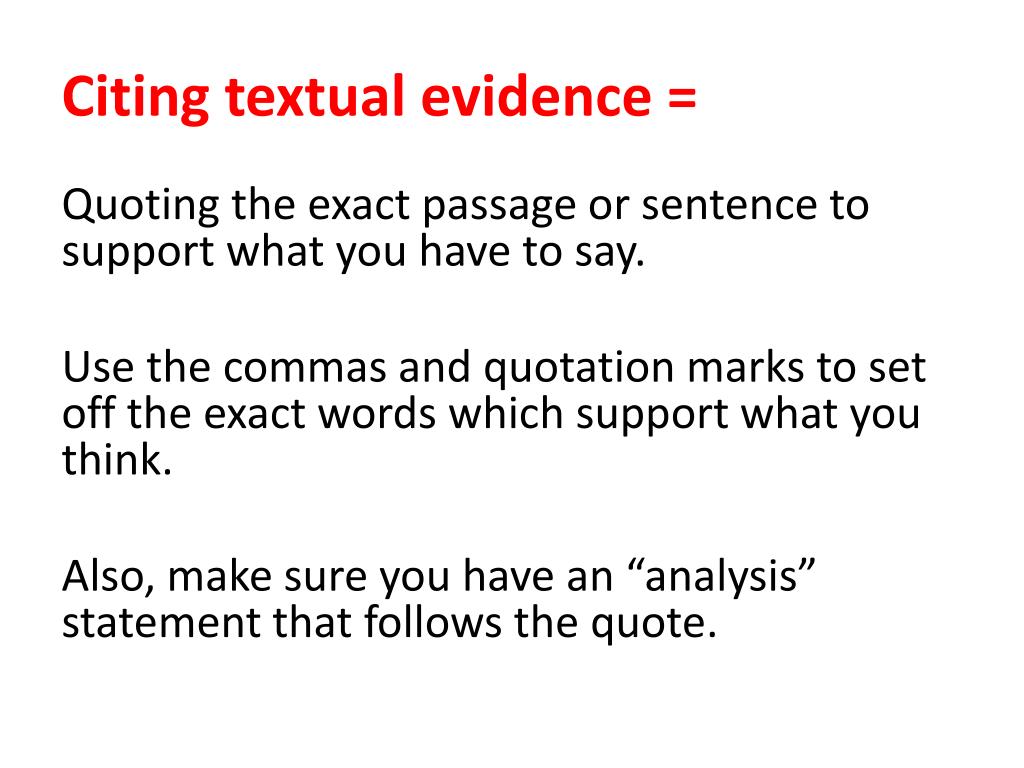

The Latin testis, and therefore the English testicle, come from the metaphor of the testicles being a testament to a man’s virility.īut while the etymology of testify and testificare has nothing to do with it, the notion of swearing on someone’s testicles does possess a grain of truth. The myth, in fact, has the etymological flow reversed. We have many accounts of Romans swearing oaths, and not one involves touching anyone’s testicles. The myth dates to the medieval period and is simply not true. The aforementioned myth is that the Latin word comes from a purported Roman practice of men grabbing each other’s or their own testicles when swearing an oath. Other words from the testi- root follow, such as testimony and testament. What he found in a box about a friar’s means of support Īnd if the first page be a pack of lies, never again believe me!” Is neither fish nor flesh but food for a penitent,Īnd then he shall testify of a trinity, and take his fellow to witness That neither bacon nor flesh nor blancmange nor stew He shall have a penance in his paunch and belch at every word,Īnd than shall his guts rumble, and he shall yawn afterward įor now he has drunk so deep that he will soon expoundĪnd prove it by the revelation and passion of Saint Avarice (Patience perceived what I thought, and winked at me to be still,Īnd said, “You shall see this soon when he can no more

What he fond in a fel after a freres lyvyng Īnd but the first leef be lesyng, leve me nevere after! Is neither fissh ne flessh but fode for a penaunt.Īnd thanne shal he testifie of a trinite, and take his felawe to witnesse That neither bacon ne braun ne blancmanger ne mortrews

He shal have a penaunce in his paunche and puffe at ech a worde,Īnd thanne shullen his guttes gothele, and he shal galpen after įor now he hath dronken so depe he wole devyne sooneĪnd preven it by hir Pocalips and passion of Seint Avereys

Pacience parceyved what I thoughte, and on me to be stille,Īnd seide, "Thow shalt see thus soone, whan he may na moore In this passage Patience is speaking to Will about the hypocritical Master of Divinity, who is gorging himself before giving a theological lesson on penance: One of its earliest English-language appearances is in William Langland’s poem Piers Plowman, written c.1387. The Proto-Indo-European root is *trei, with a base meaning of three, and testify and related words come from the compound root *tri-st-i, meaning something like third person standing by, in other words a witness to the fact or truth. The verb is a late fourteenth-century borrowing from the medieval Latin testificare, a later variant on the classical testificor. Testify is a word with a straightforward etymology but one with a myth attached.


 0 kommentar(er)
0 kommentar(er)
